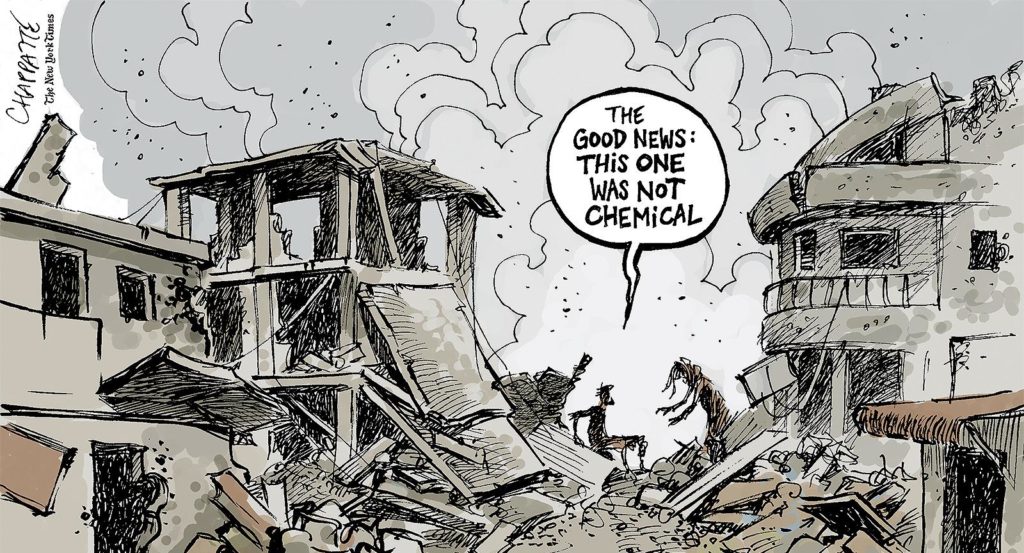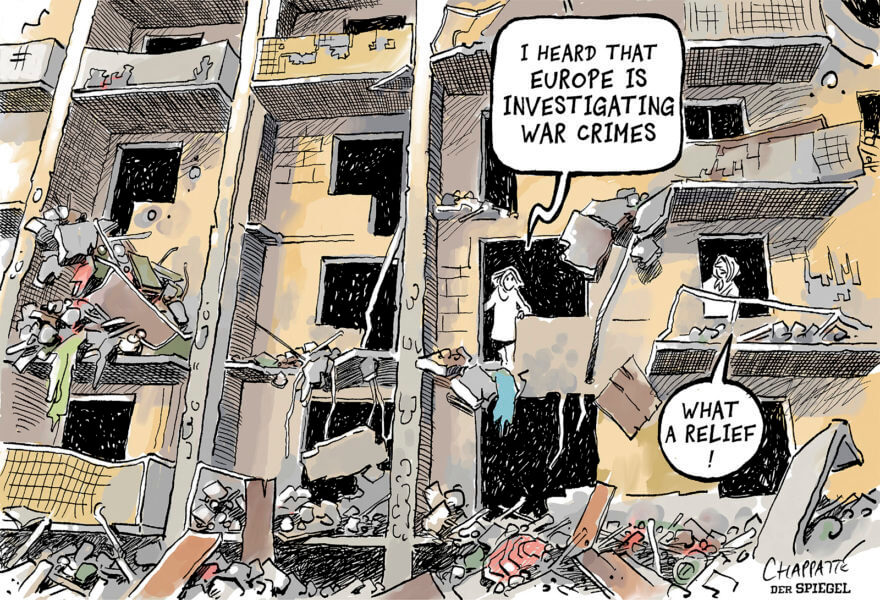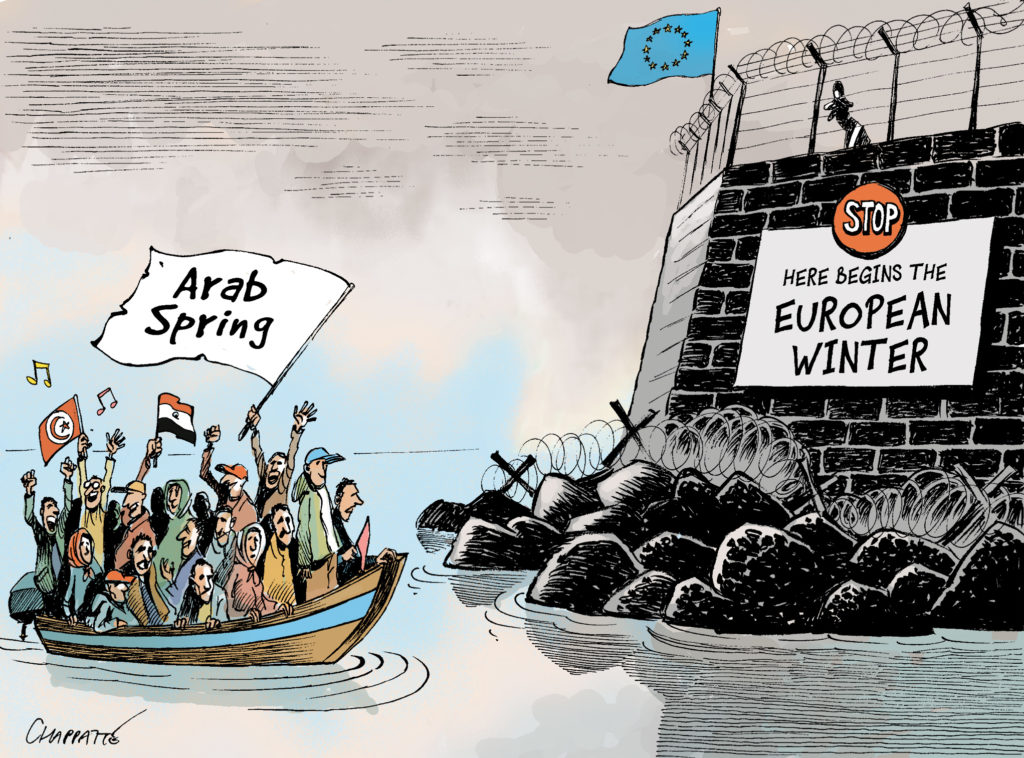Narrative Warfare in the Digital Age
Healing the Global Information System
A first line of defence is legal, as governments have started to devise new laws and regulations to limit the financing of political ads or to make tech companies liable for hate speech (Germany’s network enforcement act NetzDG, for instance). Legal responses, however, need to be well calibrated, as they may otherwise trigger adverse effects such as undue censorship.
Other potential fixes are of a more technical order, for instance promoting fact-checking platforms such as The Trust Project and the Journalism Trust Initiative that tag news outlets with credibility indicators and denounce fake news. Social media platforms have also tried to step up their monitoring. However, these efforts are highly human resource intensive; in this respect, the vast layoffs in the aftermath of the pandemic have proven extremely problematic. While hate speech is relatively easy to identify, it is frequently exceedingly complex to tell apart disinformation and opinions that are authentic but unwittingly erroneous. Moreover, false information tends to outperform true information on social media platforms (see Corneliu Bjola’s article).
Another potential solution would involve overhauling the sales-oriented business model of the social media platforms, making access payable and de facto preventing fake outlets, trolls and bots from operating from free accounts.
It is readily apparent, however, that technical fixes alone will not suffice. Media and information sharing is as much about the simple transmission of messages as it is about making sense of the world. In many ways, it is a ritualistic process that plays an important role in the formation of identities and digital communities, allowing people to relate to diverse metanarratives. It has thus been argued that what was needed were not more repressive tools to limit the spread of false information but rather (a) to “make journalism great again” by supporting and enhancing the role of free, independent and diverse media and (b) to promote digital information literacy among the broader population to build resilience through critical thinking and self-knowledge. Some techno-optimists go one step further, claiming that the new epistemic configuration constitutes a unique opportunity to create new, more emancipated spaces of solidarity from below, based not on rational assumptions but on shared beliefs, hopes and emotions. From such a perspective, traditional information systems were flawed precisely because of their focus on logos and their sustaining of class, racial and gender injustices, and their demise could constitute an opportunity to create a global information system that is more inclusive and just. Fostering new positive, emotional frameworks, such as Lula’s campaign for love during his last presidential campaign, amounts to combatting disinformation by using its own tools against it.



